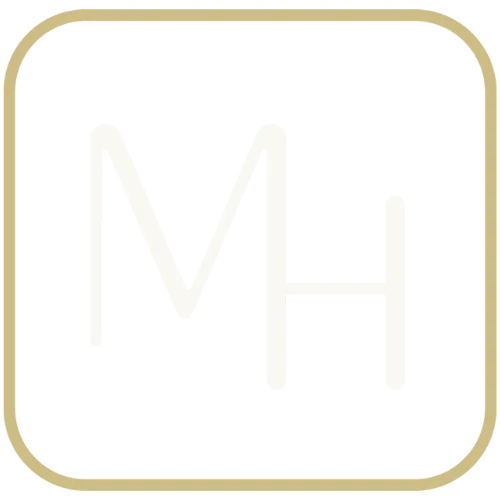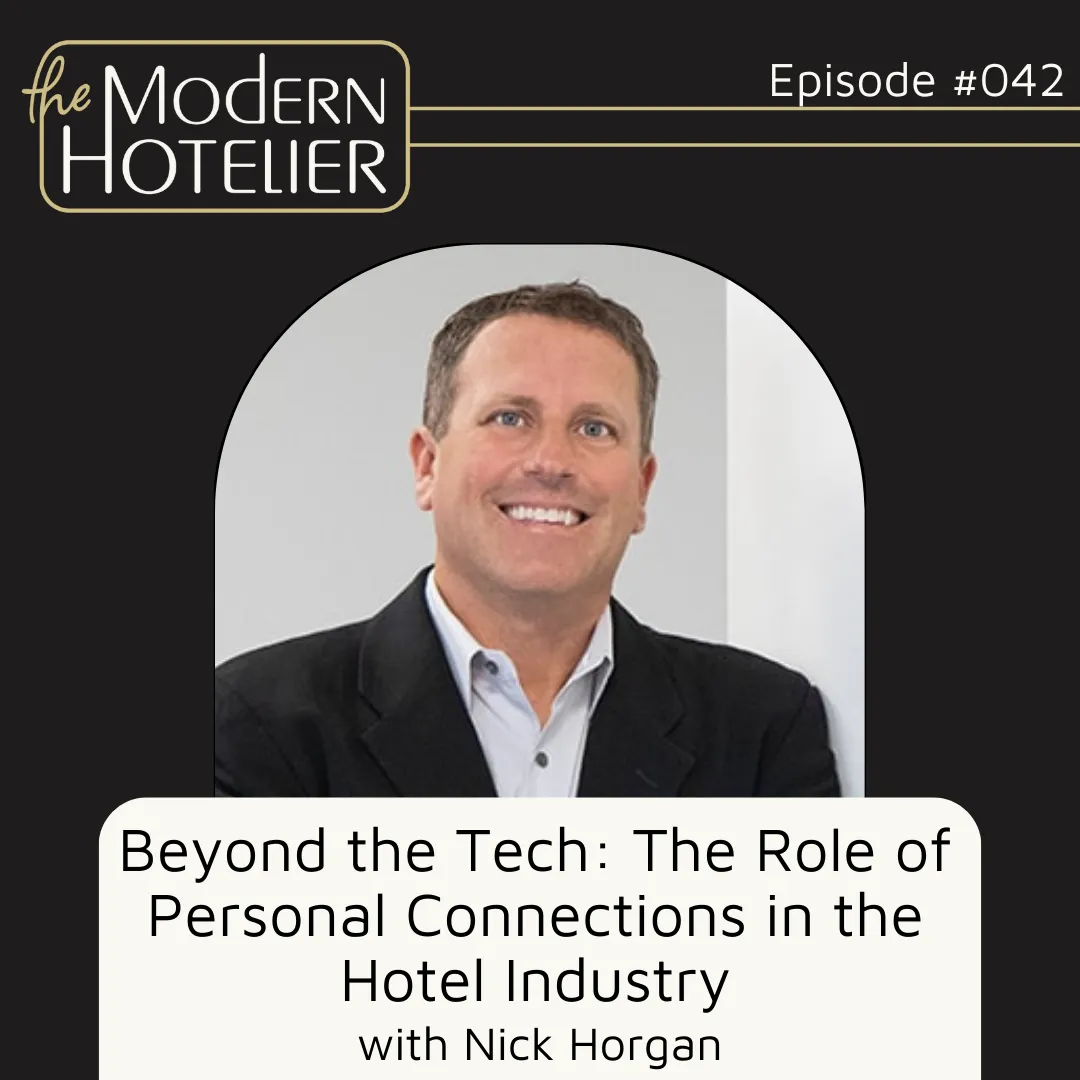In today's episode, we speak with Nick Horgan, who is the CCO at Amaze Insights. We delve into the world of selling into hotels, technology adoption, and the importance of relationships in the hospitality industry. Nick shares his experiences, from working at NewMarket, to being a part of building a successful company and navigating acquisitions, to emphasizing the importance of integrity and reputation in retaining customers.
In this episode, you'll learn about:
- The truth behind what really goes into winning a deal
- Why it's important to have integrity and a good reputation
- How taking risks will lead you to discover the right opportunities.
- The importance of sales and positioning
- The positive impact of embracing and investing in technology
So, sit back, relax, and get ready for an episode filled with insightful conversations, expert advice, and a touch of inspiration.
The Modern Hotelier is produced, edited, and published by Make More Media: https://makemore.media/
Episode Links
Nick Horgan
David Millili
Steve Carran
Steve on LinkedIn
The Modern Hotelier
Transcript
Automatic Transcription - please excuse any errors

